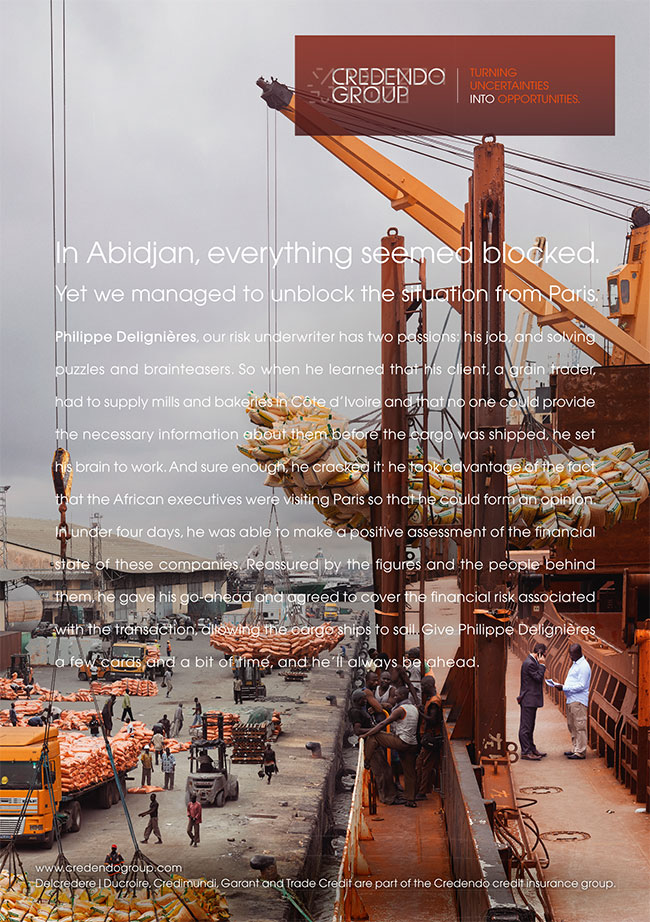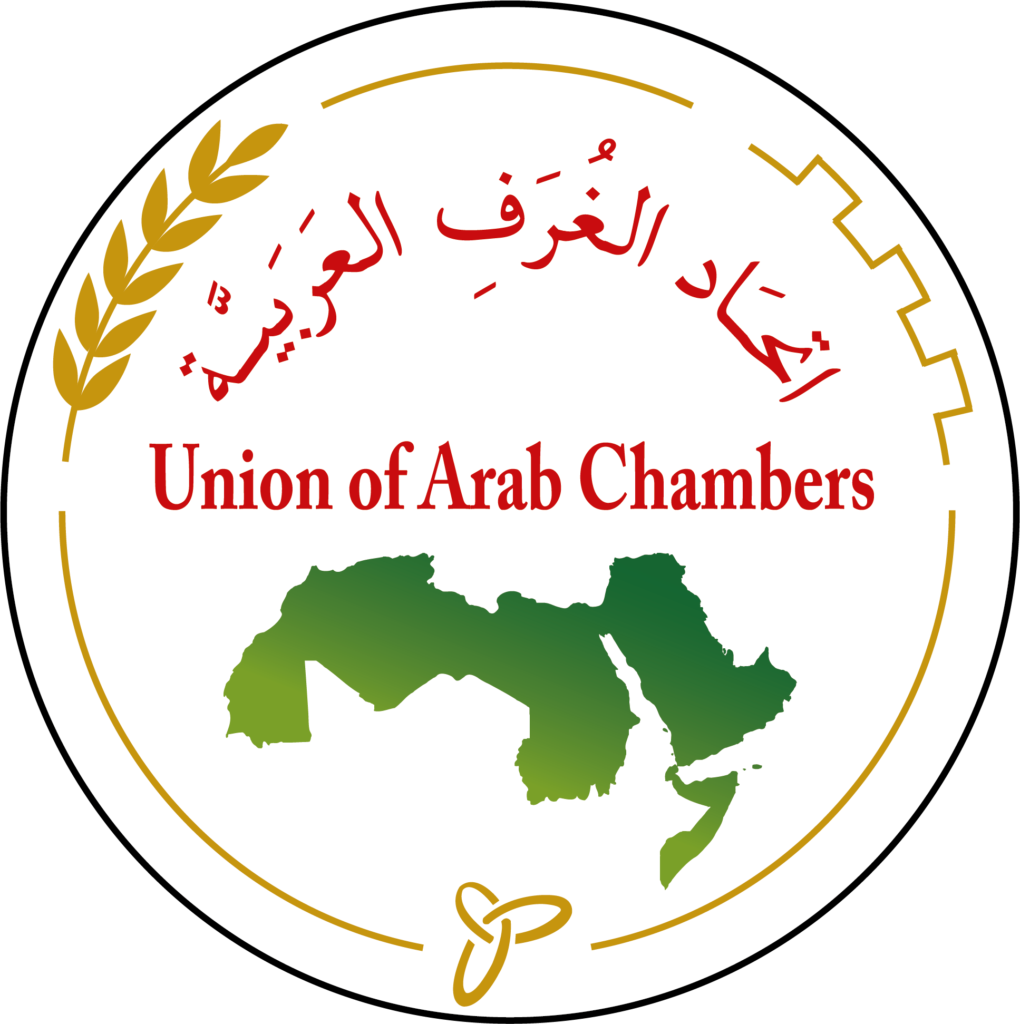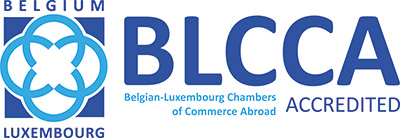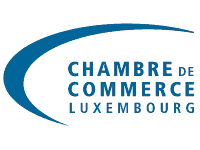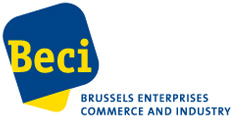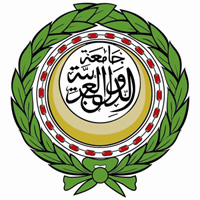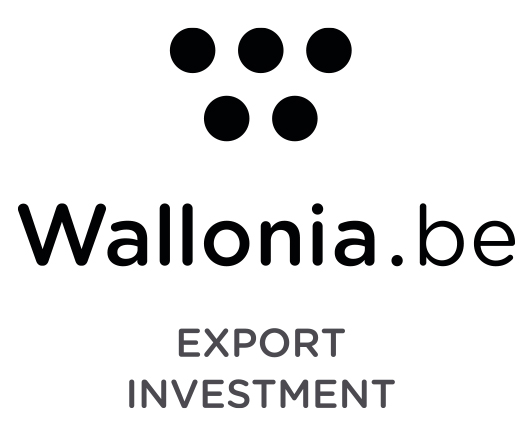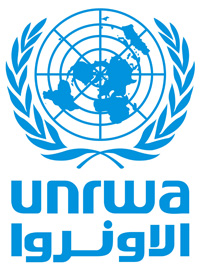3rd edition, 2016
Economic News
Saudi Arabia: $60 Billion Investment Opportunities in Desalination

Saudi Arabia is planning to create $60 billion worth of investment opportunities in the desalination sector in the coming five years.
Due to the Kingdom’s growing population and expanding industry, water consumption has exceeded 8 million m3 per day, and is expected to reach 20 million m3 per day by 2020.
These projects, which go along with the Saudi Vision 2030 to boost the Saudi economy, will encourage investment and partnership with the private sector in the water sector as well as foster the exchange of experience between public institutions and regional and international companies.
Jordan-EU Association Commitee Decision on Simplifying the Roo

Jordan has made an inventive proposal to the International community which was officially presented in London Conference on the 4th,Feb; The Jordan Compact which is a new holistic approach between Jordan and the International Community to deal with the Syrian Refugee Crisis.
Under this Compact, Jordan offered to create new hopes and jobs for Syrians and Jordanians alike; to issue work permits to Syrians willing to work in Jordan , and to also allow them establish their own businesses in Jordan.
To implement this proposal, Jordan requested the EU to facilitate trade related issues especially the stringent rules of origin issues to enable products by Syrian refugees in Jordan to find new markets.
In response, the EU offered a 10 year period of facilitation of Rules of Origin (RoO), and a decision has been adopted by Jordan-EU Association Committee on the 19th of July 2016 to simplify the RoO.
In light of this, Jordan aims at attracting more investment from Europe and other regions as well. At the same time, the Government is working on attracting businesses to invest in with a view to supporting refugees' livelihoods through direct employment, which would give them the opportunity to live dignified lives and to maintain their skills up-to-date
The Suez Canal Economic Zone
 The Suez Canal Zone represents a new chapter in the economic development of egypt. Created under Law no. 83 of 2002 and as amended in 2015, the Suez Canal Zone is governed by the General Authority for the Suez Canal Economic Zone: an autonomous body with executive powers of regulation and approval including the full authority to oversee all areas of operation, staffing, control over budgets, funding, development of partnerships with developers and business facilitation services.
The Suez Canal Zone represents a new chapter in the economic development of egypt. Created under Law no. 83 of 2002 and as amended in 2015, the Suez Canal Zone is governed by the General Authority for the Suez Canal Economic Zone: an autonomous body with executive powers of regulation and approval including the full authority to oversee all areas of operation, staffing, control over budgets, funding, development of partnerships with developers and business facilitation services.
The Suez Canal Zone will apply a new investor friendly business environment that will be a blueprint for future development nationally. There will be a genuine one stop shop with all critical elements deployed. Simple declarative investment registration systems with streamlined investment approvals, granting of import and export licenses as well as accelerated on-site customs inspection procedures will be available. Similarly, secondary permits and authorizations relating to land, building, labor, health and safety will be addressed directly by the Suez Canal Zone authority whose efficiency will be enhanced by partnerships with key stakeholders including government ministries, private sector representatives, be it developers or investors in the zone, or affected communities and community groups and certainly international development partners.
The Suez Canal Zone will not just help first-time investors; it will support companies to expand and grow more, and therefore create the thousands of jobs that will put egyptian people into productive work.
Qatar to spend QR46bn on major projects in 2017
Qatar expects its economy to grow 3.4% in 2017 and plans investment up to QR46bn in major infrastructure projects as part of strategy to achieve sustainable development and economic diversification, according to a top government official.
“Qatar is forecast to reach an annual growth rate of 3.4% in 2017, which is the highest forecast growth in the GCC (Gulf Co-operation Council),” Finance Minister HE Ali Sherif al-Emadi told Euromoney conference, quoting the estimates of the International Monetary Fund (IMF).
Several measures, including efficiency enhancement in public spending, the financial sector growth and higher contribution of the private sector, would make Qatar achieve such a high growth, he said. He also highlighted that the non-oil sector achieved a growth rate of 5.8% this year, demonstrating the success of the country’s diversification strategy.
The finance minister stressed that the 2016 budget reinforces Qatar’s confidence for the future, with dedicated investment in healthcare, education and transportation – along with investment in infrastructure for the 2022 FIFA World Cup – all likely to have a “positive” effect on the national economy.
World Airline Awards 2016

Emirates was named the World’s Best Airline 2016 at the Skytrax World Airline Awards held at Farnborough Airshow. This is the fourth time Emirates has won this prize in the awards history. The airline also won the World’s Best Inflight Entertainment award for a record 12th consecutive year.
Qatar Airways was second in the global ranking and won a range of top awards being named the World’s Best Business Class, the World’s Best Business Class lounge and Best Airline Staff in the Middle East.
Etihad Airways was ranked No 6 worldwide and won three awards. The airline was named as having the World’s Best First Class cabin, Best First Class seat and Best First Class catering.
These three companies, which are among the world’s leading airlines, enjoy a growing success.
Gulf countries have a strategic geographic position allowing them easy access to Asia, Europe and even America. One third of the world’s population is within 4-hour flight from the gulf. It is thus an effective gateway between the continents.
TUNISIA 2020: a renewed impetus
 The end of November / beginning of December has been a quite busy period for Tunisia.
The end of November / beginning of December has been a quite busy period for Tunisia.
On 29 and 30 November 2016, in Tunis, the International Conference in support of Tunisia’s economic, social and sustainable development, TUNISIA 2020, brought together international political decision-makers, investors and Tunisia’s economic partners.
The conference, which had pragmatic objectives, aimed at presenting the strategy, laid out in the 2016-2020 National Plan, and its numerous projects in key sectors designed to strengthen the economy as well as to support private investors in identifying the sectors and industries with strong growth potential in all regions across the country.
On 30 November 2016, President Beji Caid Essebsi headed to Belgium for a two-day official visit on the occasion of the first EU-Tunisia Summit. An official visit which falls in with the conference "Tunisia 2020" to revive the economy of the country.
Beji Caid Essebsi also took advantage of his visit to Brussels to meet with King Philippe of Belgium, which was a good opportunity to discuss bilateral ties and further reinforce the friendship and cooperation long enjoyed by Belgium and Tunisia. Indeed, Belgium is Tunisia's sixth largest partner and the fourth largest investor in the number of companies created.
Last but not least, Belgian Prime Minister, Mr. Charles Michel, along with Mark Rutte and Xavier Bettel, respectively Prime Ministers of Netherlands and Luxembourg, conducted a working visit to Tunisia from 04 to 06 December. Messrs. Michel, Rutte and Bettel took this opportunity to meet with Belgian, Dutch and Luxembourg investors active in Tunisia.
On Monday evening, H.E. Charles Michel took part to the delivery to the local authorities of a letter of intent which provides for the conversion of about three million euros of the Tunisian debt to Belgium in investment projects.
Tuesday, H.E Charles Michel paid a visit to the Bizerte military base. Indeed within the framework of the fight against terrorism, Belgium has provided various training programs for the Tunisian defense over the last two years. Tunisia is currently the second most important partner of the Belgian Defense Cooperation on the African continent.
Inauguration of the Federation of Belgian Chambers of Commerce new office in Brussels
 On 28th September, the Prime Minister Charles Michel inaugurated the new offices of the Federation of Belgian Chambers of Commerce. In his speech, he underlined, in front of more than 100 invitees from Belgium and from abroad, the importance of Chambers of Commerce as the voice of businesses and as partners of the public authorities. The Prime Minister also seized this occasion to hand over the honorific decoration of the Commanderie de l’Ordre de la Couronne to John Stoop, Honorary President of the Federation, thus acknowledging his contribution to the economic interests of Belgium around the world. John Stoop has been President of the Federation for 10 years and, on 10th June, he passed the torch on to René Branders, President of the Chambre de Commerce et d’Industrie du Brabant wallon.
On 28th September, the Prime Minister Charles Michel inaugurated the new offices of the Federation of Belgian Chambers of Commerce. In his speech, he underlined, in front of more than 100 invitees from Belgium and from abroad, the importance of Chambers of Commerce as the voice of businesses and as partners of the public authorities. The Prime Minister also seized this occasion to hand over the honorific decoration of the Commanderie de l’Ordre de la Couronne to John Stoop, Honorary President of the Federation, thus acknowledging his contribution to the economic interests of Belgium around the world. John Stoop has been President of the Federation for 10 years and, on 10th June, he passed the torch on to René Branders, President of the Chambre de Commerce et d’Industrie du Brabant wallon.
The new offices of the Federation at Rue Belliard 2 are strategically located between the Belgian Parliament and the European Quarter.
H.E.M. Charles Michel on a working visit to Algeria
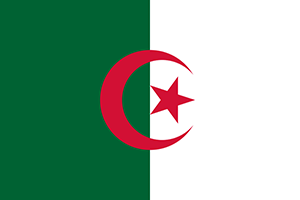
On Tuesday 06 December 2016, Belgian Prime Minister, Mr. Charles Michel, started a two-day visit to the People's Democratic Republic of Algeria, as part of bilateral efforts to boost cooperation between both countries in various fields.
This visit represented a good opportunity for both sides to strengthen bilateral relations and explore ways to further develop economic exchanges.




